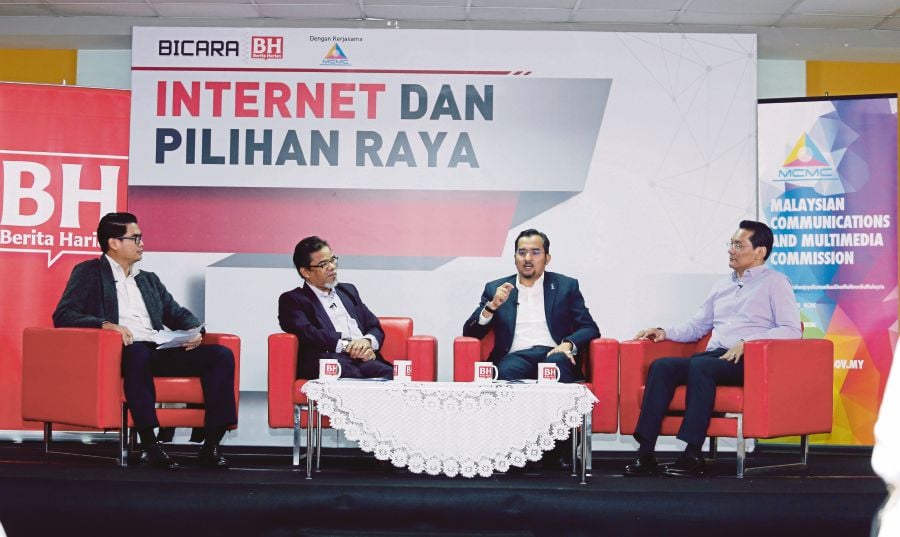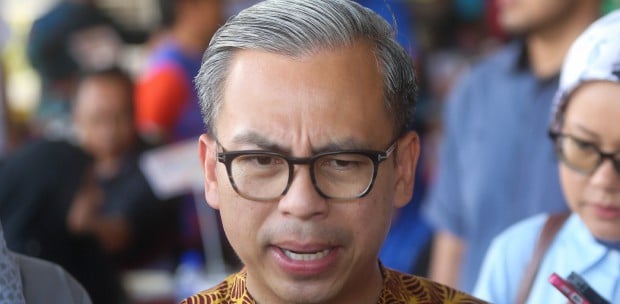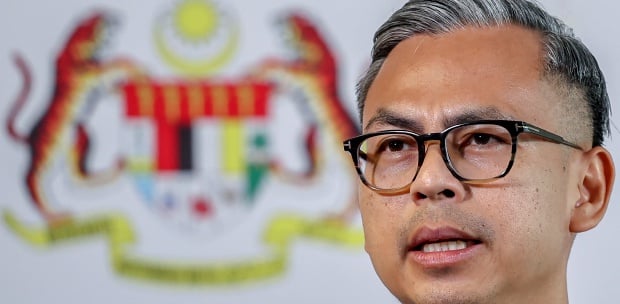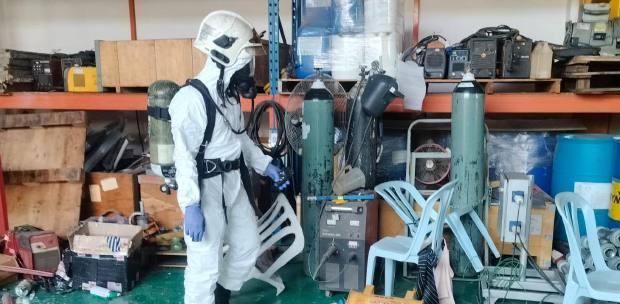CERTAIN movements are using social media to actively spread propaganda against the government, reveals the Malaysian Communications and Multimedia Commission (MCMC).
MCMC chief operating officer Datuk Dr Mazlan Ismail said the movements acted as “factories” to create false news, with the primary aim of disputing the integrity and efficiency of the government, as well as targeting Malays and Islam.
MCMC had detected more than 1,500 false news items disseminated via social media, which contained elements that disputed the credibility of government agencies, Malays and Islam.
“We have addressed it accordingly via our portal sebenarnya.my. We came to these findings ever since the portal was created to fend off various forms of defamation and false news on social media over the past year.
“We feel that there are ‘factories’ creating false news.
“(First,) they (the factories) dispute the government’s endeavours and eventually (the false news agenda call for) the change of government. This is the theory behind it,” he said.
Dr Mazlan said this at the Bicara BH programme titled “The Internet and Elections” at Balai Berita here yesterday.
Besides Mazlan, two other panel members were Deputy Minister in the Prime Minister’s Department Datuk Dr Asyraf Wajdi Dusuki and Jaringan Melayu Malaysia president Datuk Azwanddin Hamzah.
Commenting on false news, Mazlan said it was deliberately created by certain individuals and, most alarmingly, by hegemonic elements out there who were seizing the opportunity to use the same platform to destroy the country.
He added that false news was a global issue that was also shackling powerful nations like the United States and the United Kingdom.
The negative impact it had on the UK in the Brexit referendum process and the US presidential election, he said, should serve as a lesson.
“When the UK government called for the Brexit referendum, it was not ready for it. After that, things went out of control.
“It was hit hard by the Brexit issue, but nothing can be done now. All this was due to false news. It’s the same in the US,” he said.
Mazlan said according to a study in the UK, people’s trust in traditional media had increased up to 60 per cent, compared with 48 per cent last year, when Brexit was a major topic.
He said this showed that when the Brexit referendum was held, UK citizens were exposed to false news on the Internet, which greatly influenced them.
“In the US, a 2016 study showed that traditional media had a dominance of only 32 per cent. But, when Donald Trump won, people regretted that they put their trust more on social media than traditional media.”
“Thus, in September last year, traditional media dominance rose to 52 per cent,” he said, adding that the world community’s trust in news on social media and the Internet was showing a decline.
On the implementation of the Anti-Fake News Act 2018, Mazlan said the act was in use, but enforcement agencies were streamlining procedures, especially in the areas of investigation and detention.
“We have set up a special committee, headed by the police, and discussed the standard operating procedures.
“When there is a case, the court will decide whether the news is false or not.”
“The act is one thing, but its implementation requires the cooperation of all agencies, especially in establishing evidence, making arrests and taking action because the act involves a heavy penalty, which means that the implementation has to be smooth because of its huge impact.” -- Reporting by Mohd Nasaruddin Parzi, Mohd Aizat Samsuddin and Seri Nor Nadiah





